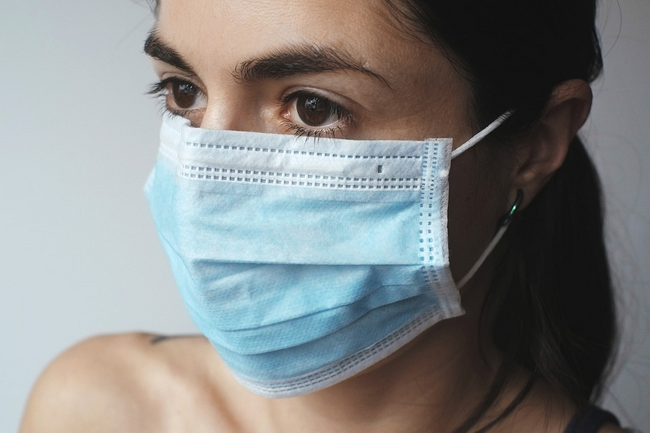There are several different kinds of face masks available, and they offer varying degrees of protection. It’s important to note before we continue that while face masks are an important precaution to take, especially in public places, they do not offer complete protection.
At this point in 2020, we all know we should be covering our faces. Many people tested positive for coronavirus, experienced no symptoms, and had gone about their day unknowingly spreading the virus. Face masks can reduce the risk of coming in contact with the coronavirus and prevent those who don’t know they have it, from spreading the virus. In many places, the wearing of face masks in public spaces has been enforced by law.
There are several different kinds of face masks available, and they offer varying degrees of protection. It’s important to note before we continue that while face masks are an important precaution to take, especially in public places, they do not offer complete protection. Regular hand washing and social distancing should never be ignored. This is crucial, whether or not you are wearing a mask. Masks should be used in tandem with other protective measures.
How you go about choosing a mask is dependent on your personal needs, and your risk of exposure given your workplace or location. As well, if you are going to be in the same place as someone at high risk of severe COVID-19 consequences (people over the age of 65, those with heart disease, diabetes, obesity, chronic lung conditions, compromised immunities, or cancer), you will need to take extra precautions. The following will break down the different types of masks available and how effective they are at protecting those around you.
Fabric Masks
Fabric masks can refer to homemade cloth face masks or cloth store-bought options. When considering cloth masks, it is important to note that you do not want to use cloth face masks on children under the age of two, people who struggle to breathe, anyone who is unconscious, or anyone unable to remove the mask themselves. Cloth masks also need to be washed after each use. When you are taking off the mask, make sure you do not touch your eyes, nose, or mouth, and wash your hands afterward.

The biggest benefit of cloth masks is that they can be made easily from readily available materials, which ensures an ample supply. This being said, the biggest risk associated with cloth masks is a false sense of security. These masks absolutely do offer protection, but they provide much less protection than surgical masks or respirators, they should always be used in tandem with other protective measures.
N95 Respirator Masks
N95 masks are technically respirators, not masks. They offer greater protection than both surgical and cloth masks as they filter out small particles, as well as larger ones. The name (N95) was given because these masks block 95% of very small particles. Moreover, N95 masks tend to fit more tightly to the face, giving a more secure fit. This quality is ideal for people who move around a lot.
While N95 masks were originally being saved for healthcare professionals, but as the year progresses and businesses adapt, more places are making them available to the general public. For example, the professionals behind https://www.dmbsupply.com/collections/shop-kn95-and-n95-masks say that despite their efficacy, no mask offers 100% protection. As with the above mask types, it is important to take additional precautions. All of the above mask-types are currently available to the public. Remember, no matter which mask you choose, it is still important to practice good hygiene.
This means washing your hands regularly with soapy water for a minimum of 20 seconds or using a sanitizer that is at least 60% alcohol. It is still important to stop yourself from touching your face, eyes, nose, and mouth with unwashed hands, as well as avoiding touching things commonly touched by many people such as door handles in public spaces and support bars on public transit. It is still important to maintain a safe social distance whenever possible (6 feet or 2 meters).
Surgical Masks
Surgical masks are sometimes also called medical masks. They are disposable, often looser-fitting masks that cover the mouth, nose, and chin. Often they are flatter and rectangular, with folds or plats in the material. Many also contain a metal strip which can be bent to fit snugly against the bridge of your nose.
Surgical masks protect whoever wears them from large-particle droplets, sprays, and splashes, all of which may contain germs. Surgical masks also filter larger particles in the air and protect others by stopping saliva and respiratory secretions from being passed along. Just like cloth masks, surgical masks do not offer complete protection. When wearing a surgical mask, continue to practice other precautions like hand washing and social distancing.




























































































































































































